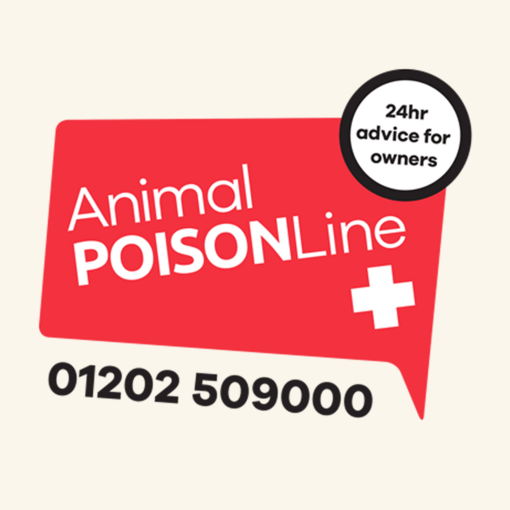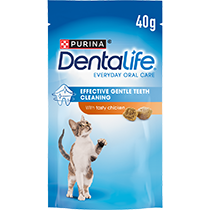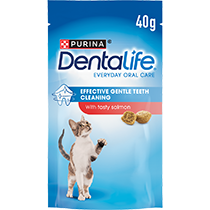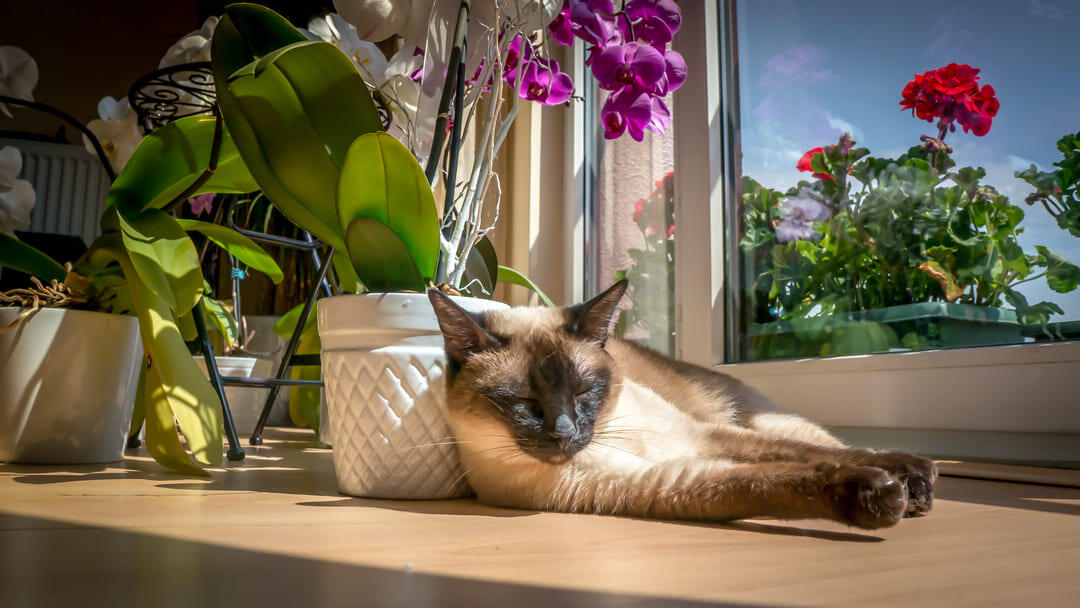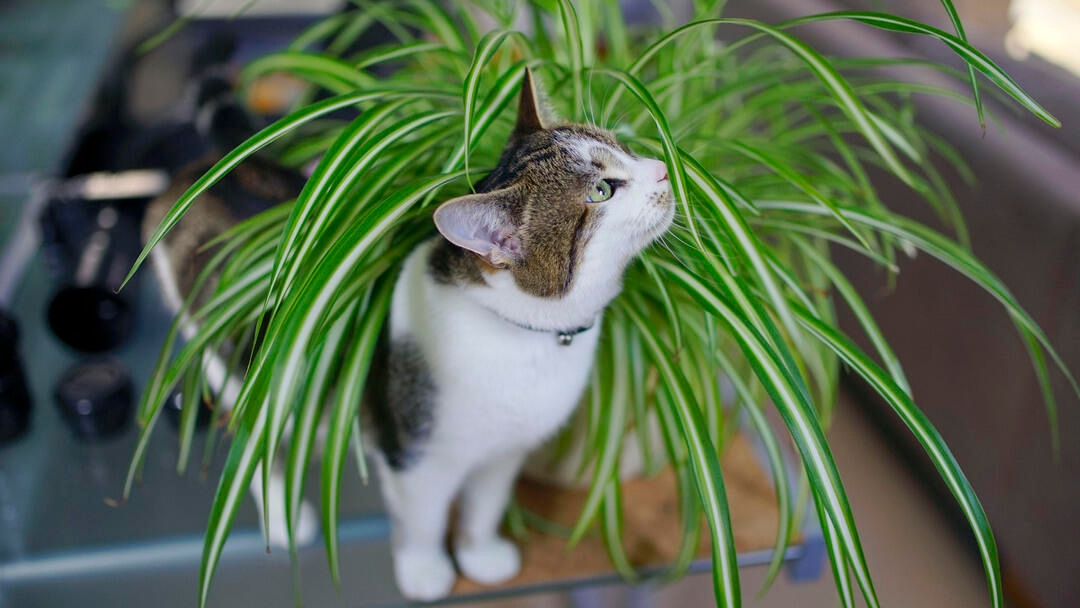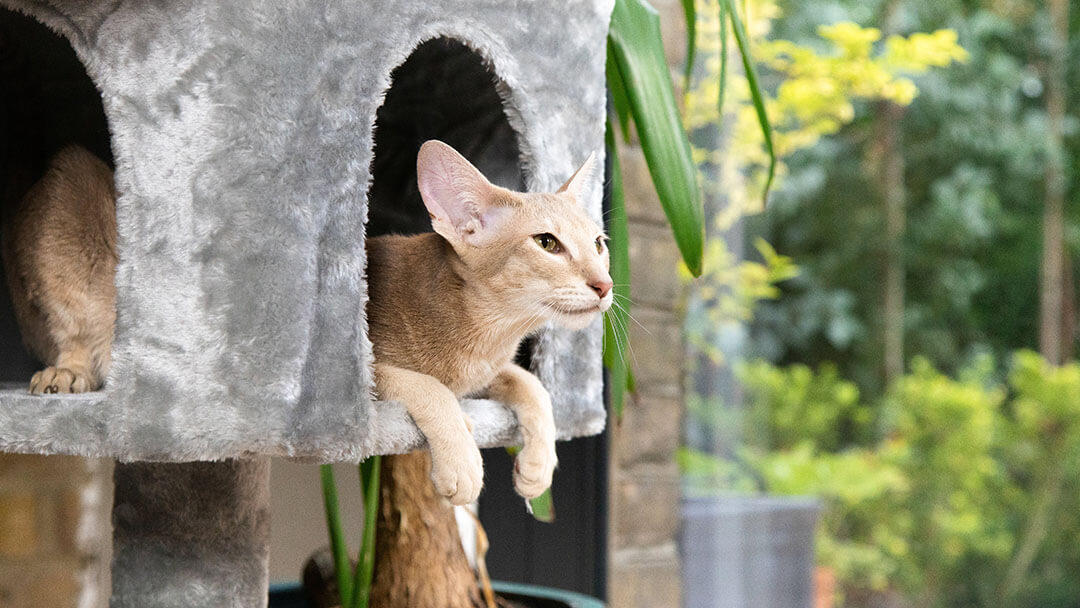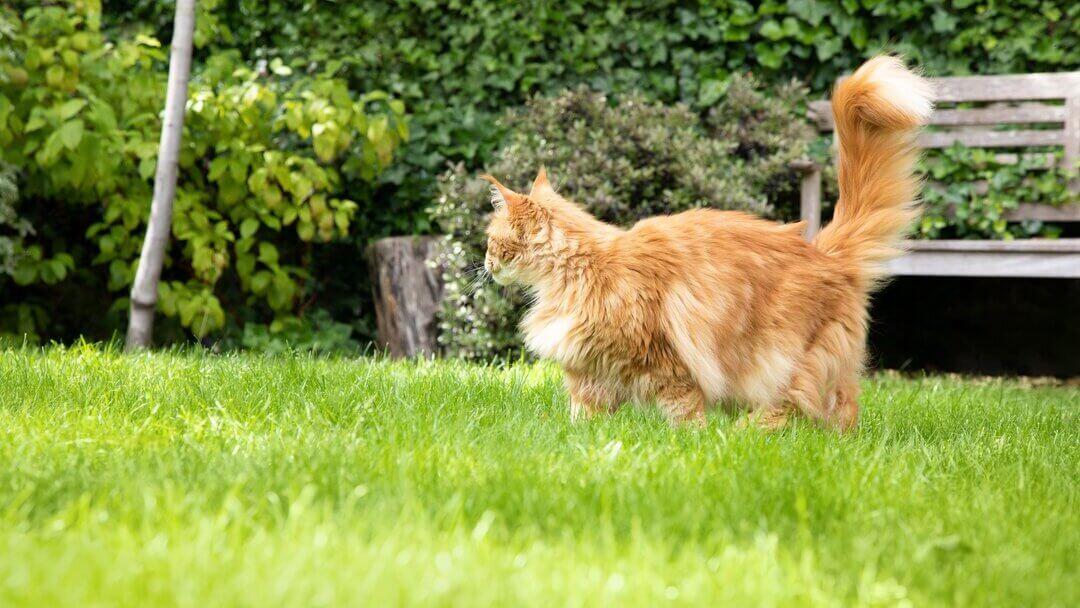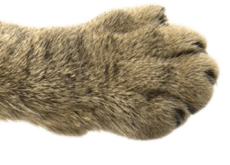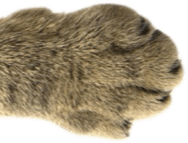
Our cats love to explore our houses and gardens but we do need to watch what plants we have in these areas because some plants are poisonous to cats.
So, you might be wondering are tulips poisonous to cats? As pretty as tulips are, they can be risky to have around cats. Carry on reading to find out why tulips are poisonous and what you can do if your feline has ingested a tulip.
Are tulips poisonous to cats?
Yes, tulip flowers and leaves can be poisonous to cats if ingested. Tulip bulbs are also toxic for cats, and you should keep these flowers away from your cat.
Why are tulips poisonous to cats?
Tulips are poisonous to cats because they contain alkaloid and glycoside compounds as well as allergenic lactones, which are harmful if ingested. Tulips are part of the Lily family and Lilies are also poisonous to cats.
The whole of the tulip plant is poisonous to cats, from the petals to the stem and leaves. However, the bulb is especially harmful as it has a higher density of the toxins. Most severe cases of toxicity arise from eating tulip bulbs, but if your cat has ingested any part of a tulip, you should contact your vet as soon as you’re aware of the situation - even nibbling a small amount of tulip leaf or petal can cause irritation to the mouth or gullet (oesophagus).
Signs of tulip poisoning in cats
If you suspect your cat has ingested any part of a tulip, the first thing you should do is call your vet. They will be able to instruct you on what to do but we’ve compiled a list of signs you should look out for:
Small amounts of tulip ingestion
If your cat has ingested a little bit of tulip, these could be some of the symptoms:
- Vomiting
- Dribbling/ drooling excessively
- Diarrhoea
- Depression
Larger amounts and tulip bulb ingestion
If you suspect your cat has eaten a fair bit of tulip, or even the bulb, their symptoms can be more severe:
- Abdominal pain
- Tremors
- Tachycardia (increased heart rate)
- Convulsions
- Increased respiratory rate
- Increased respiratory effort (trouble breathing)
- Cardiac arrhythmias
- Coma
Ingesting any part of a tulip can irritate your feline’s mouth and throat, so they will be in some kind of discomfort. Again, your vet should be your first port of call.
What should I do if my cat ingests tulip?
The most important thing to do is contact your vet as soon as you realise the situation. They will confirm the best course of action for you. They might ask you to remove any remaining tulip from your feline’s mouth or fur to stop them from eating any more. If the vet tells you to bring your cat in, they might ask you to bring in a sample of the tulip to help identify the plant and decide on the best course of action.
To avoid any future instances of poisoning, we suggest removing tulips from your garden (particularly the bulbs) and getting rid of tulips in vases. You might want to think about cat proofing your garden. Cats are curious creatures that can jump high and are prone to knocking things over so, for this reason, avoiding them in the house is the best option for your cat’s safety.
Treatment for cat tulip poisoning
If your vet tells you to bring your cat in, treatment will depend on how big your cat is, how much they have ingested and when they ingested it. Some treatments they might do are:
Emesis (vomiting)
Your vet may administer medication to make your cat vomit. This empties the stomach and reduces the absorption of any toxins. Inducing vomiting is only helpful if the tulip was eaten within the last four hours or so – after this time the stomach contents will have moved on into the small intestine.. Vomiting can leave your cat dehydrated so they may need to have an intravenous (IV) catheter for fluid therapy. To absorb any leftover toxins, your cat might be given activated charcoal.
Gastric lavage
Gastric lavage is the medical term for a stomach pump. It’s a more serious treatment as it’s an invasive procedure that is done under anaesthesia. This requires hospitalisation and after this your cat will be given supportive therapy including IV fluids. This is only needed in severe cases, and your vet will be able to provide all the information and support you need.
Now that you know the answer to whether tulips are poisonous to cats, why not take a look at our article on the best cat-friendly plants.


